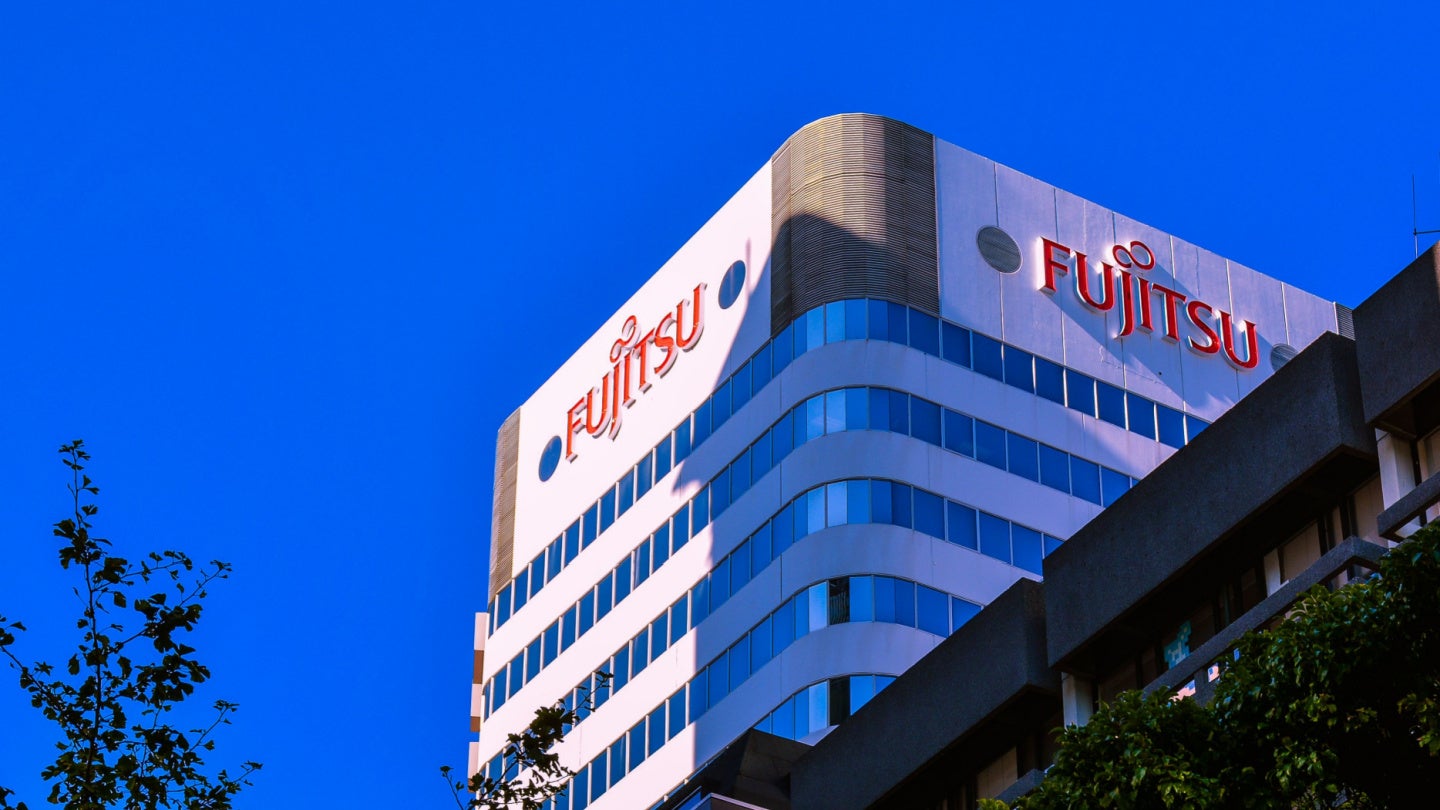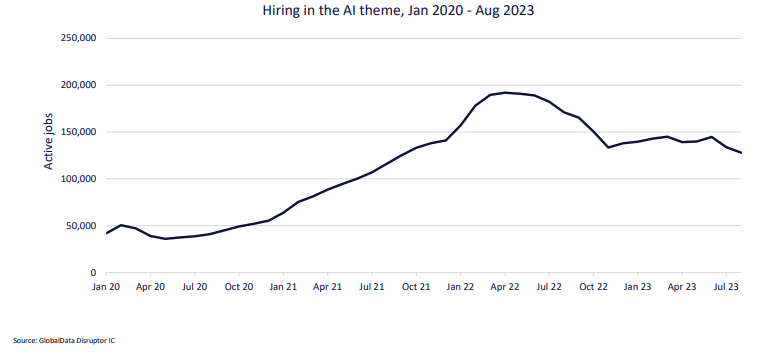
Speaking during a presentation on Fujitsu’s R&D strategy, the company’s chief technology officer, Vivek Mahajan, warned that AI could face a severe talent shortage in the near future.
“The talent crunch is in all areas and particularly felt since speed [in AI rollout] is key,” Mahajan stated, explaining that Fujitsu, a company that hires globally, was finding it difficult to find candidates for AI related work.

Access deeper industry intelligence
Experience unmatched clarity with a single platform that combines unique data, AI, and human expertise.
Work in AI has a high barrier to entry where higher education is commonly a pre-requisite, according to Mahajan over half of Fujitsu’s 300-strong AI workforce have a PhD.
Speaking earlier this September at a Nordic Business Forum event, NYU Professor Scott Galloway confirmed that AI was disrupting where PhD students worked after completing their doctorates. Whilst traditionally, PhD students may continue a career in academia, Galloway said that these students were increasingly hired into the technology sector.
Galloway estimated as many as four out of five PhD students were now being recruited into business, rather than pursuing a career in university labs.
Whilst there is concern that AI could displace many workers whose jobs face automation, Mahajan instead believes technology will “redefine”, rather than replace, human workers.

US Tariffs are shifting - will you react or anticipate?
Don’t let policy changes catch you off guard. Stay proactive with real-time data and expert analysis.
By GlobalDataSpeaking at a C-level customer roundtable meeting at the 2023 Google Next conference yesterday (11 October), communications company WPP’s CTO Stephan Pretorius also shared Mahajan’s vision of a redefined worker.
Speaking about WPP’s experience, he stated the company now needed AI specialists with a skillset outside of the traditional media sector.
“We now have a chief AI officer,” Pretorius explained, “We never used to have people like that in our agencies.”
As AI rapidly expands into sectors outside of technology, more demand for an already desirable and rare worker could worsen Mahajan’s “crunch”.
According to GlobalData’s hiring analytics, AI has remained a steady hub of activity despite mass layoffs within the tech sector, peaking during April 2022.

Additionally, recent research by HR technology company, HiBob, found that 78% of young European workers surveyed stated that they were confident that AI would have an overall positive impact on their role.
Instead of mass layoffs or the complete automation of some roles, Pretorius instead stated that he expected young workers to be reskilled in AI.
This process of reskilling, if successful, could ease some of the demand for AI trained workers especially in sectors outside of technology.







